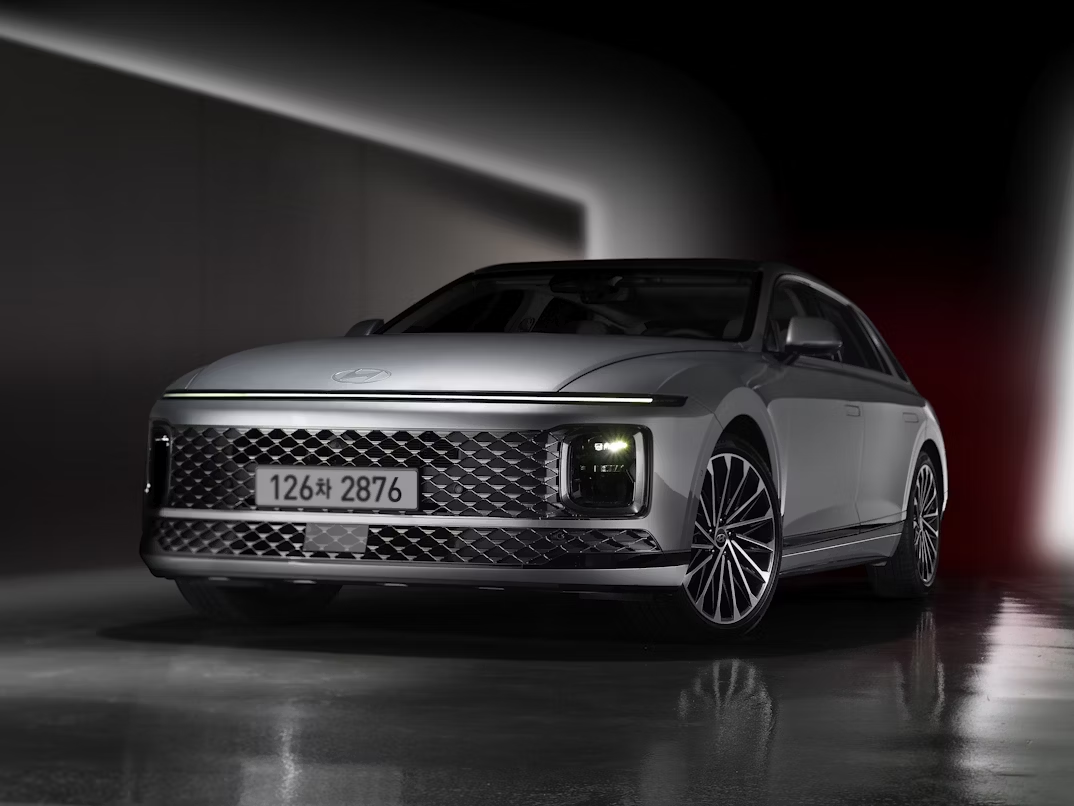April 13, 2024
In a bold shift of strategy, Apple has officially ended its long-running electric vehicle (EV) project, signaling a new direction for the tech giant. After nearly a decade of effort and substantial investment, the company has made the decision to halt its ambitious plans to enter the electric vehicle market, refocusing its resources on artificial intelligence and software advancements instead.
A Decade of EV Challenges
Apple’s electric vehicle project, dubbed “Project Titan,” was launched in 2014 with the goal of developing a groundbreaking electric vehicle. Over the years, the project evolved from aspirations to build a fully autonomous car to creating an EV with advanced driver-assist features. Despite Apple’s vast resources, the road to a market-ready vehicle proved to be riddled with obstacles, including:
- Supply chain difficulties in securing key materials for battery production
- Technical delays in the development of proprietary autonomous driving technology
- Escalating costs in the highly competitive and capital-intensive automotive industry
Internal struggles led to multiple leadership changes, with various shifts in the project’s vision. Ultimately, Apple’s leadership concluded that venturing into the automotive space did not align with the company’s core expertise or strategic goals.
Earlier this month, Apple’s executives informed the teams working on Project Titan of its cancellation, signaling a shift in focus. Many employees involved with the EV initiative are expected to transition to Apple’s rapidly expanding AI divisions.
AI: Apple’s New Frontier
With the decision to move away from vehicle manufacturing, Apple is turning its attention to artificial intelligence, particularly generative AI and machine learning. CEO Tim Cook has hinted at significant advancements in AI integration across Apple’s product lines, including enhancements to Siri, AI-driven productivity tools, and improved on-device learning for devices such as iPhones, iPads, and Macs.
This pivot towards AI comes as industry leaders like Microsoft, Google, and OpenAI continue to innovate and push the boundaries of generative AI. Apple’s established ecosystem of hardware and software offers a unique advantage, allowing for seamless integration of AI into its devices. With this move, Apple plans to elevate its software capabilities and offer more intelligent, personalized user experiences.
Industry Reactions and Strategic Implications
Apple’s exit from the EV market has generated mixed reactions. While some investors may be disappointed by the cancellation of a project that held significant disruption potential in the auto industry, others see it as a pragmatic decision. Analysts agree that Apple’s focus on AI and machine learning represents a more profitable and scalable opportunity in the long term, given the current AI boom and Apple’s existing strength in hardware and software integration.
By narrowing its focus, Apple is ensuring that it remains at the forefront of consumer technology, poised to lead the next wave of innovation in artificial intelligence rather than facing the intense competition and high barriers to entry in the automotive sector. As the company adapts to these industry trends, Apple is reinforcing its commitment to creating more powerful, intuitive devices that leverage AI to enhance everyday life for millions of users worldwide.


